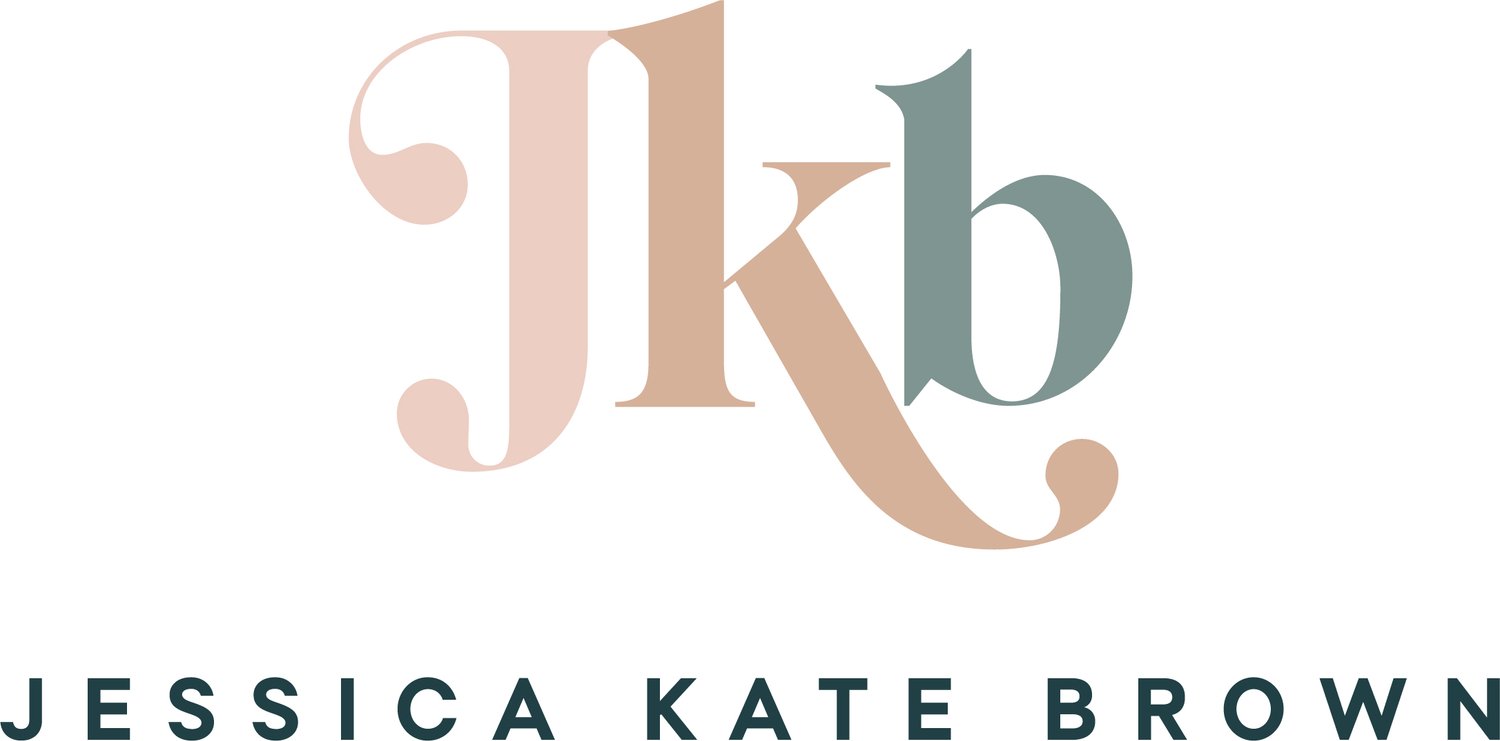How ready does my manuscript need to be before editing?
If you’ve just started writing your first manuscript, you may have thought about the editing stage, or maybe it's still out there somewhere on the horizon. But how do you know when you’re ready to seek out a professional editor? And for that matter, what kind of editor do you need? After all not all editing is equal, and what you require depends on where you are in your writing journey. Choosing the wrong one, can lead to wasted time and money. However, with the right information under your belt, finding an editor can be an enjoyable and exciting part of your publishing experience.
Navigating the editing process may feel like a minefield when you’re new to the editorial world, but it doesn’t have to be confusing.
We can break it down into three stages of a typical writer’s book-cycle.
1. You’ve written your first draft but feel that it still needs a lot of work.
This is the developmental stage of editing – the time when you need to look at the big picture aspects: the structure, plot, characterisation, pace, etc. A developmental editor will work closely with you to sculpt your manuscript into a form that will be most appealing to your readers. Be prepared to move things around, delete sections and rewrite parts of your content. A developmental editor won’t do the rewriting for you (that falls into the realms of ghostwriting), but they will give you guidance and feedback on how to improve your manuscript.
2. You’re happy with the structure and content of your manuscript and feel you’ve done as much as you can on your own.
This is where a copyeditor comes in. They will look at your manuscript at sentence level, checking for errors, inconsistencies, inaccuracies and repetitions, basically anything that could distract the reader from the actual content of your book. Copyeditors also check for things like gender bias, potential legal issues and carry out basic fact checking. Most copyeditors incorporate line editing into this process, which considers the tone and flow of each sentence. They’ll look at the clarity of each sentence and may offer minor rewording suggestions to make the reading experience as smooth and enjoyable as possible. As copyediting services can vary, it’s always a good idea to have a chat with the editor first so you know exactly what’s included before you start working together.
3. Your manuscript has been formatted into its final form and is almost ready for publication.
The very last quality check, the last line of defence if you will, is carried out by a proofreader. This stage is normally done on a PDF version of your manuscript, once it has been formatted. The proofreader will scan for anything that has been missed during editing and any errors that may have been introduced in the typesetting process – grammar, spelling, typos, etc. They’ll carry out consistency checks on spelling and language style, and they’ll also check that the layout is as it should be, e.g. all the captions match up with the right images, the typeface and alignment of your headings are consistent and the spacings and line breaks are all uniform. A professional proofreader can give you the confidence to send your book to print knowing that it is truly ready to go public.
So now you know what kind of editor you need, how do you choose the right person for the job? Start by knowing the top 5 questions to ask before hiring a proofreader or copyeditor to help you find your perfect match!
A little extra note for self-publishers
When you self-publish, you are in control of the whole process – including how much you choose to invest in professional editing. Above, I have described the three main levels of editing that you are likely to go through, but that doesn’t mean you have to hire a professional for all three, or indeed any, if you don’t want to. You may choose to self-edit for part or all of the process or use friends or family who you trust and are skilled in this area. That is the beauty of self-publishing. It’s your book, your choice.
